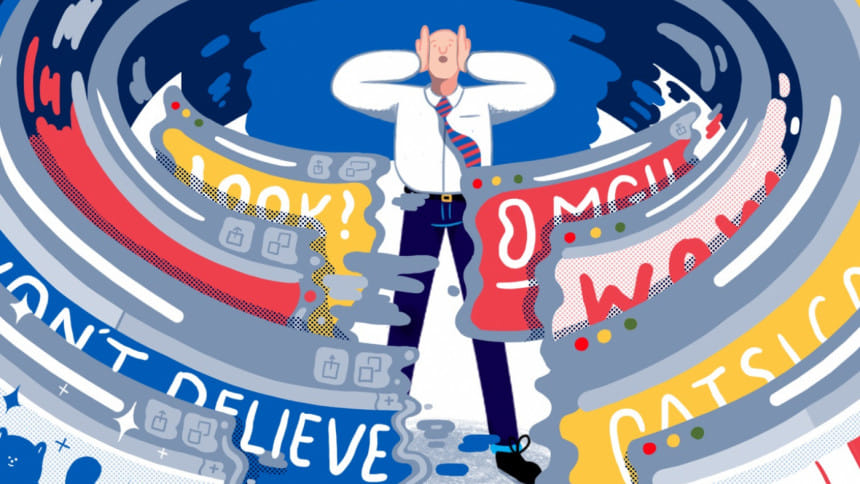The Problem With Titles

Titles are always catchy, and seemingly informative. We have all previously been guilty of reading the title of an article and at least believing it, if not sharing it. However, doing so always poses the risk of negative consequences, the least of which is embarrassment upon your part when someone in the comments corrects you.
Titles are a reflection of the source's intentions
If you think reading a title is the same as consuming news, you are wildly mistaken. More often than not, titles do not give you enough information required to make value judgements. They are simply meant to be a hook to get you to read an article, unless someone is being intentionally malicious. If such malicious intent exists, then making you believe a title without reading the article, and acting upon it, may have been the source's intention in the first place. Sometimes these malicious intentions are mild, and mostly harmless such as the usual "memefication" of J.K. Rowling and her opinions. At other times though, the intentions may range from swinging elections or spreading hate, to actually riling you up for violence.
Titles are intentionally sensationalised
One of the only things articles have to compete with video feed of an incident is the title. Of course writers abuse it in these times of digitalisation to their benefit. This is why titles sometimes share absolutely misleading information only to contradict themselves in the article, because they know you aren't going to read it anyway. That way they can evade accountability for blatantly lying. Getting you to click is half the job done.
Contextualising a title in the article often leads to readers realising that the occurrence was not as serious or unusual as the title would have you believe. In short, it makes it more unremarkable, leaving you feeling stupid for having thought there was any merit to it in the first place. Moreover, by the time you have read an article in full, chances are, you would have cooled off enough to think it was never worth a share.
Titles are made to stir you up
When you don't read an article in full, you end up sharing it while still in the heated up mindset which reading the title left you in. Once people are stirred up, it becomes very easy to direct them into activities which they would never condone under other circumstances.
Titles are made to play on your biases
Your usage data is utilised extensively by any social media to always recommend you content that you seem to prefer. This leads to users often getting only half the story regarding any incident. However, you are likely to find two versions of every story if you look hard enough. The version that readily appears on your newsfeed will always be the one that caters to your bias. The version which caters to the opposing bias also exists, but it is unlikely to ever automatically appear in front of your eyes unless you've specifically searched for it.
You would think this bias-mongering only preys on the naive till you encounter a title that fits right into a strong prejudice of your own, and trust me we all have some, and then you share it without thinking because "of course with how things are this must have happened."
At the end of the day, with this age of media where every single person has access to a "platform" for their incorrect opinions, it becomes our job to examine whatever we are presented with and find the truth, which usually lies somewhere in the middle. The first step to this process is always reading articles in full.
Share articles. Not titles.
Rabita Saleh is a perfectionist/workaholic. Email feedback to this generally boring person at [email protected]

 For all latest news, follow The Daily Star's Google News channel.
For all latest news, follow The Daily Star's Google News channel. 



Comments